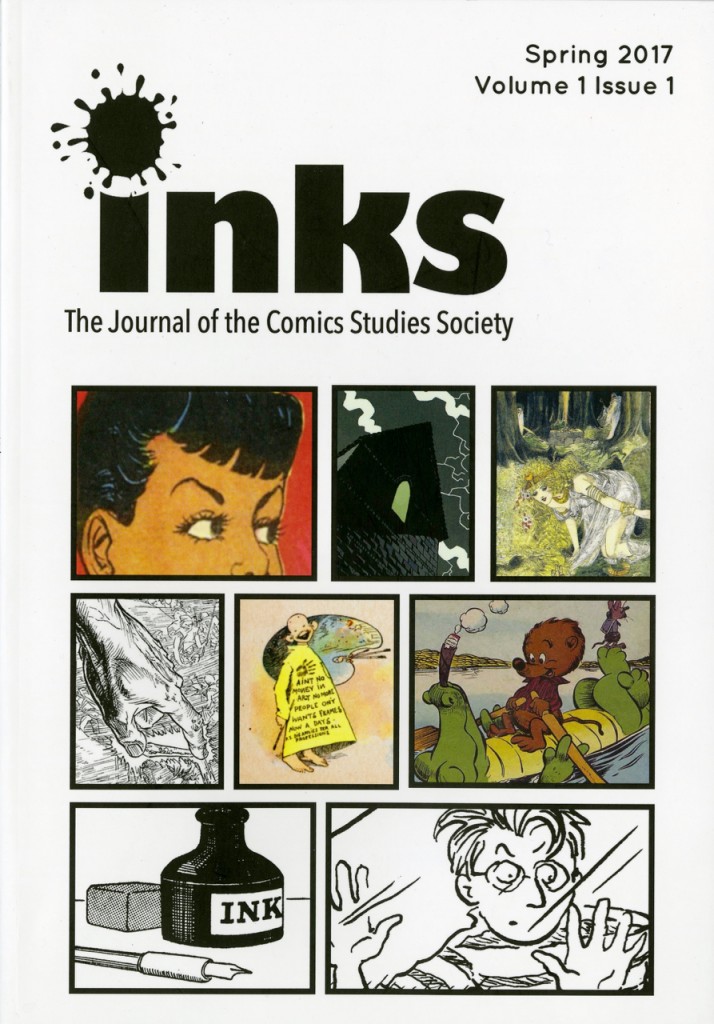CSUN Professor Advocates Interdisciplinary Collaboration Through Comics Studies

Comic books, comic strips, graphic novels and web comics often provide an escape from reality.
Historically, the medium also has offered casual readers an alternative narrative to an extensive array of topics, from politically charged editorial cartoons to caricatures of social injustices and commentaries on contemporary issues.
Recognizing limited avenues for research into the broad influence of comics, California State University, Northridge English professor Charles Hatfield, helped to establish the Comics Studies Society (CSS) — an interdisciplinary association open to all who share the goals of promoting the critical study of comics.
“It’s a professional association of people who do research and teaching about comics, and it’s the first society of its kind to be based here in the United States,” Hatfield said. “It’s one of the first, if not the first, to be supported by members’ dues and to do things that professional societies in academia do — publish a journal, put on a conference and have annual elections for officers.”
The society’s purpose, Hatfield said, is to create a place for scholars to engage in the academic study of the effects comics have in modern society.
“People who want to study comics are everywhere in academia, but we haven’t really had a place to be where we could recognize all of the things that we have in common, and that was the incentive for forming the society,” he said. “We set up the Comics Studies Society to find that place where we could all be when we’re thinking about comics, studying them or teaching them.
“If a person is an art historian or a mass-communications teacher, or a journalism or film studies teacher, but they’re a comics scholar,” he continued, “we figured there ought to be a place where they could talk across the dotted lines that separate the disciplines — in a way that we don’t usually get to do in our daily lives.”
The society’s website defines the field of comics studies as a broad spectrum of inquiries, spanning an array of connecting themes:
“CSS defines comics studies liberally to include the study and critical analysis of comic strips; comic books, papers and magazines; albums, graphic novels and other graphic books; web comics and other electronic formats; single-panel cartoons, including editorial and gag cartoons; caricature; animation; and other related forms and traditions. All types of sequential art, graphic narrative and cartooning are relevant to our mission,” the webpage states.
CSS offers annual membership subscriptions. For more information, visit www.comicssociety.org.

 experience
experience